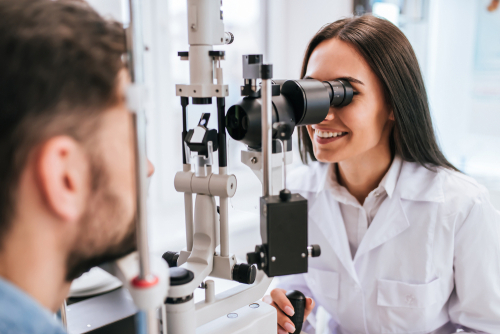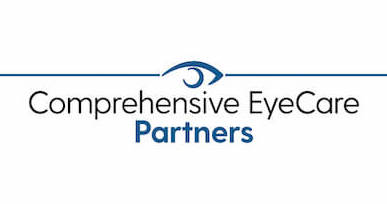
An annual eye exam is an excellent time to learn about the health of your eyes and how you can preserve your vision. Keep reading to learn eight questions to ask your eye doctor at your next eye exam!
1. What Tests Will You Be Performing On My Eyes Today?
A comprehensive eye exam includes tests that will help reveal any issues that may be going on with your eyes. During a routine eye exam, your eye doctor or technician will test your visual acuity, eye pressure, visual field, and your eye coordination and function.
In addition, your eye doctor will likely perform refraction if you need a glasses or contact lens prescription. They will also complete a thorough examination of your eyes under a special microscope.
2. Has My Vision Changed?
After performing a comprehensive eye exam, your doctor can tell you about any changes to your eyes since your last exam. They can also tell you if they see any signs of other eye conditions like astigmatism, glaucoma, or cataracts.
3. What Are Some Symptoms of Common Eye Conditions That I Should Watch For?
Ask your eye doctor about any symptoms you should watch out for that may indicate certain eye conditions. Your eye doctor may want you to monitor for signs such as dry eyes, decreased night vision, blurry vision, and sensitivity to light.
4. What Can I Do to Prevent Certain Eye Conditions?
At your exam, your eye doctor will ask you some basic overall health questions to evaluate whether your everyday habits may contribute to common eye conditions. It is important to determine which of your everyday habits may affect your eye health or vision.
Smoking, high alcohol consumption, a family history of eye disease or conditions like diabetes, extended periods looking at computer screens, and obesity can all lead to serious eye conditions.
5. Is Digital Eye Strain An Issue For Me?
If your work requires long hours in front of a computer screen, you should ask your eye doctor how you can relieve eye strain. Your eye doctor can help you minimize the effects of eye strain by suggesting regularly timed breaks.
They may also recommend increasing your use of lubricating eye drops, taking glare prevention measures, or wearing special glasses while working on a computer.
6. Should I Get Glasses or Contact Lenses?
If you have a refractive error, your eye doctor may recommend getting prescription glasses or contact lenses. If your eye doctor determines you need corrective lenses, they can help you decide which option is best for you based on your specific eye needs and individual lifestyle.
7. Am I a Good Candidate For LASIK?
In some cases, you may not be able to determine if you are a candidate for LASIK surgery during your routine eye exam. To determine if you may be a candidate for LASIK, your eye doctor will have to perform additional testing.
They may ask you to return for a LASIK consultation. Your eye doctor can give you more information about the procedure and the qualification process.
8. When Should I Schedule My Next Eye Exam?
How often you need an eye exam is based on several factors, including the health of your eyes, any eye conditions you may have, the stability of your eye prescription, and your age. Your eye doctor at Shepherd Eye Center can advise you of the eye exam schedule that best meets your eye care needs.
Are you ready to visit your eye doctor to have all of your questions answered? Schedule an appointment at Shepherd Eye Center in Las Vegas, NV, today!


